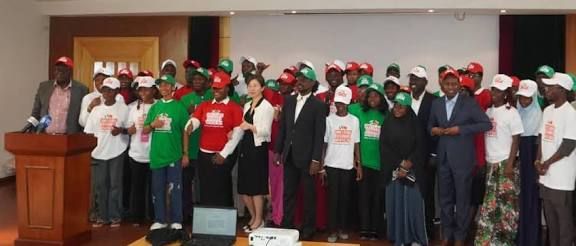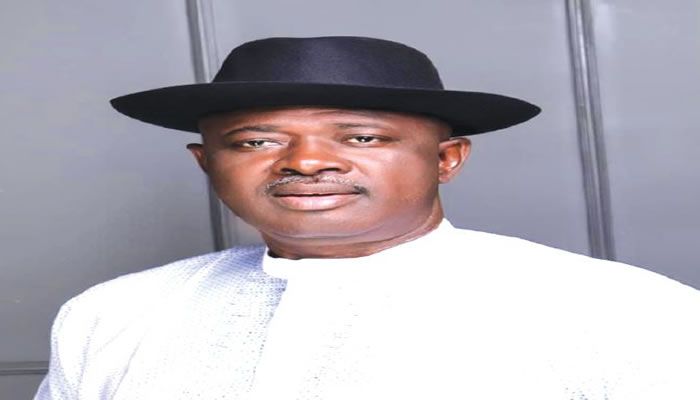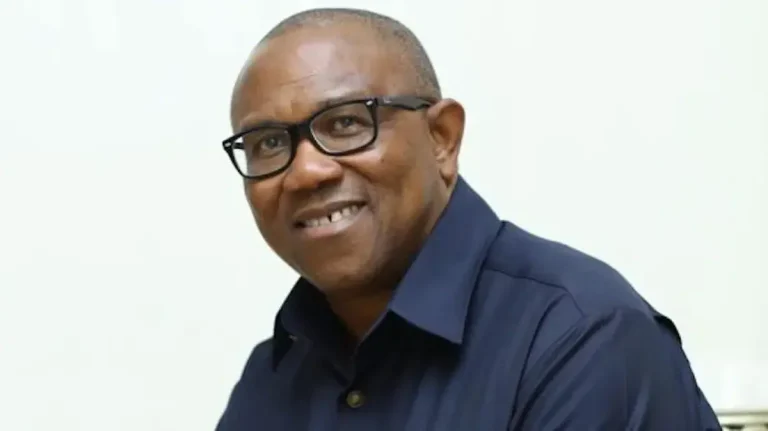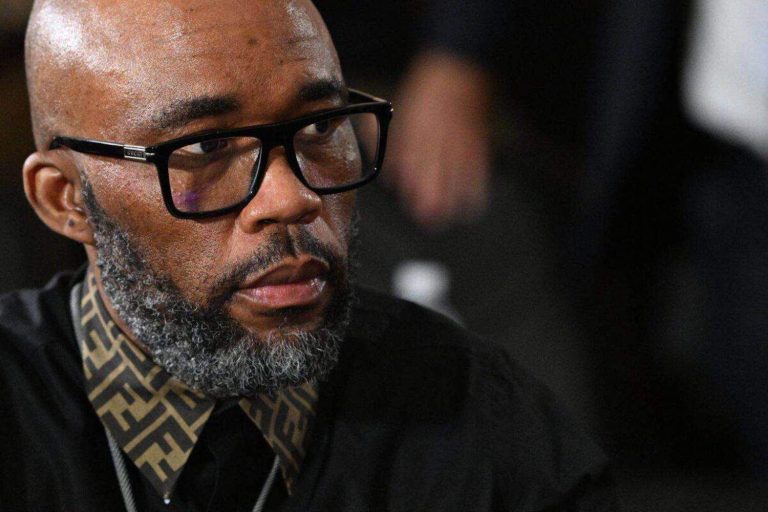
Chinese and Nigerian scholars have renewed calls for reforms in global institutions while urging stronger China-Africa cooperation.
The appeal came during a one-day seminar held in Abuja centred on the Global Governance Initiative (GGI) and themed “Opportunities for China-Africa Cooperation under the GGI.” The event provided a forum for both critique and advocacy on the evolving international order.
Speaking at the seminar, Dong Hairong, Counsellor at the Embassy of the People’s Republic of China, linked the GGI to Beijing’s broader vision of global cooperation. She highlighted shifting global realities geopolitical tensions, economic instability, and public health crises as reasons to reform existing governance systems.
According to Hairong, the GGI seeks to build “a fairer, more equitable and inclusive international system” through the joint efforts of all nations and multilateral bodies. She also voiced support for reforms in institutions such as the United Nations Security Council and international financial organisations, stressing that China stands ready to work with African countries to “correct historical injustices” and tackle the underrepresentation of the Global South.
Professor Sheriff Ibrahim, Director of the Centre for Contemporary China-Africa Research, criticised global institutions for favouring dominant powers while ignoring the interests of developing nations. He condemned the impunity of powerful countries in violating UN resolutions and called for financial reforms at the International Monetary Fund (IMF) and the G20 to reflect the currencies and priorities of the developing world.
He also referenced Nigeria’s call at the 79th UN General Assembly for a permanent seat on the Security Council as part of its push for reform.
Director of the Centre for China Studies, Charles Onunaiju underscored the role of domestic capacity in shaping global influence, cautioning that without strong institutions and economic resilience, African countries risk marginalisation in international affairs.
The GGI was first unveiled by President Xi Jinping at the Shanghai Cooperation Organisation Plus meeting on September 1, 2025, in the northern port city of Shanghai. Xi stressed the need for a governance framework rooted in fairness, cooperation, and shared responsibility.



